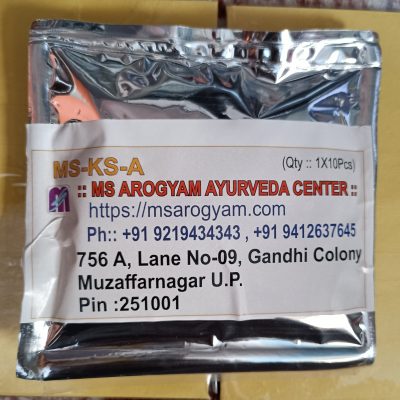Post Contents
Laser surgery: When is it the right choice? Advantages and Disadvantages
- Lasers are strong enough to cut through diamonds, yet they can be gentle enough to sculpt the delicate surface of your eye.
- In the medical world, these scalpels of light are helpful in many procedures. But as high-tech as these magic wands are, they can’t zap away every problem. They may be the right tool for some surgeries but not the best choice for others.
- In addition, as with any operation, the success of laser surgery depends largely on the surgeon’s skill and determining whether the procedure is appropriate for you.
- The word laser stands for light amplification by stimulated emission of radiation. Laser beams are strong beams of light produced by electrically stimulating a particular material. A solid, a liquid or a gas is used.
- Lasers generally are named for the substances that produce them. Widely used lasers include the carbon dioxide laser and the argon laser.
- The combination of the intensity of the light and the ability to focus it on a small area gives lasers their useful role in medicine. Lasers can be used to :
Cut or destroy tissue that’s abnormal or diseased
Shrink or destroy tumors or lesions
Burn off or vaporize tissue
Sculpt tissue
Seal blood vessels - “Basically what lasers do is vaporize tissue. A scalpel cuts tissue. Lasers also cut tissue, but cut it by destroying (vaporizing) the cells,” says Dr. Webb.
- Not all lasers burn through tissue. Some lasers, like those used on the eye, gently sculpt tissue without producing significant heat.
Distinct Advantages
- Lasers have not replaced scalpels. But they do help doctors perform some procedures more effectively than with traditional methods. Lasers cause minimal bleeding, allowing surgeons to have a clear view of the area of surgery. Because of their precision, lasers allow doctors to work on small and hard-to-reach parts of the body. Doctors can also vary how deeply the laser penetrates tissue by adjusting the light’s intensity.
- In addition, laser surgery may pose less risk of infection and cause minimal scarring. In some cases, laser surgery is faster than traditional surgery, shortening recovery time. Some laser surgeries are performed under a local anesthetic in a doctor’s office. Others require general anesthesia and a hospital stay.
- Skilled surgeons use laser light with pinpoint accuracy. The unwanted hemorrhoid is simply vaporized or excised. The infinitely small laser beam allows for unequaled precision and accuracy, and usually rapid, unimpaired healing.
- The result is less discomfort, less medication, and faster healing. A hospital stay is generally not required. The laser is inherently therapeutic, sealing off nerves and tiny blood vessels with an invisible light. By sealing superficial nerve endings patients have a minimum of postoperative discomfort. With the closing of tiny blood vessels, your proctologist is able to operate in a controlled and bloodless environment.
- Procedures can often be completed more quickly and with less difficulty for both patient and physician. Laser can be use alone or in combination with other modalities. For more detailed information on combining modalities in surgery, view opilesur video on the performance of both a Laser & Harmonic Scalpel Hemorrhoidectomy.
Distinct Disadvantages
- laser may cut unwanted tissue and if it may divert to any healthy tissue it may cause savior damage to the health tissue and may cause uncontrolled bleeding .
- The Laser process is very costly as compared to other processes .
- It may cause fibrosis to the tissue after cutting which may cause fissure in future which is a secondary complications of such processes .






